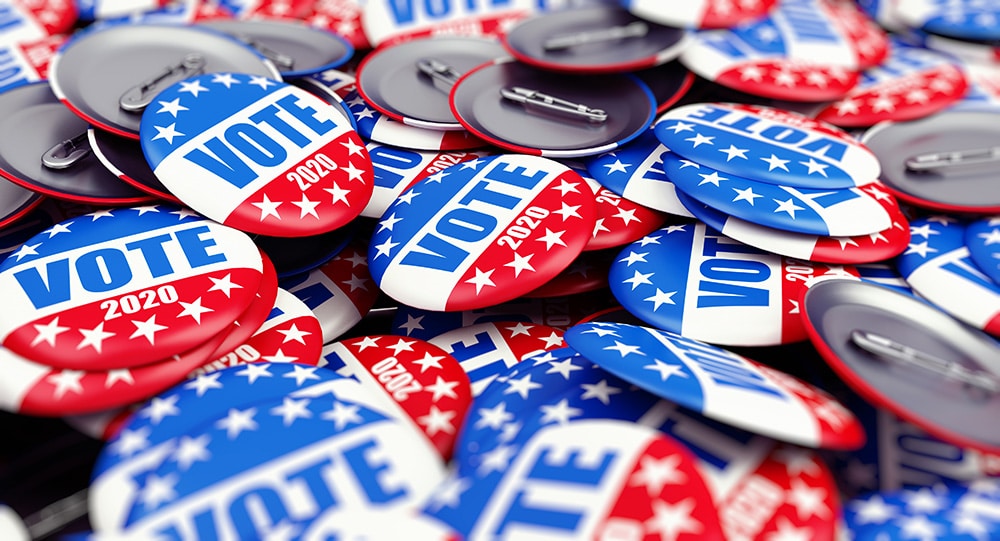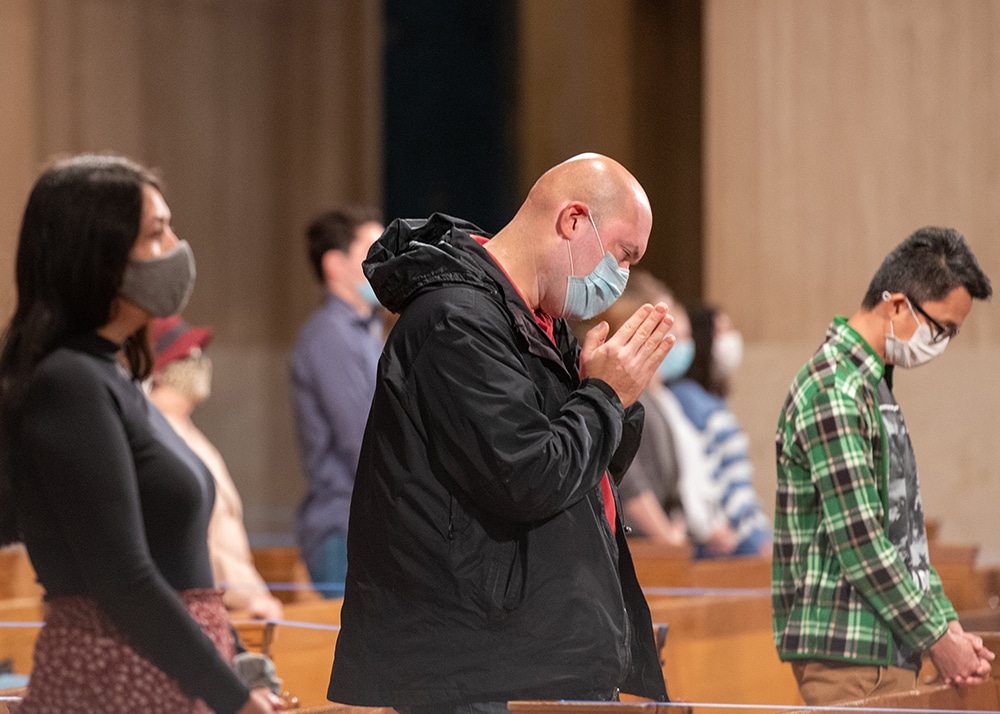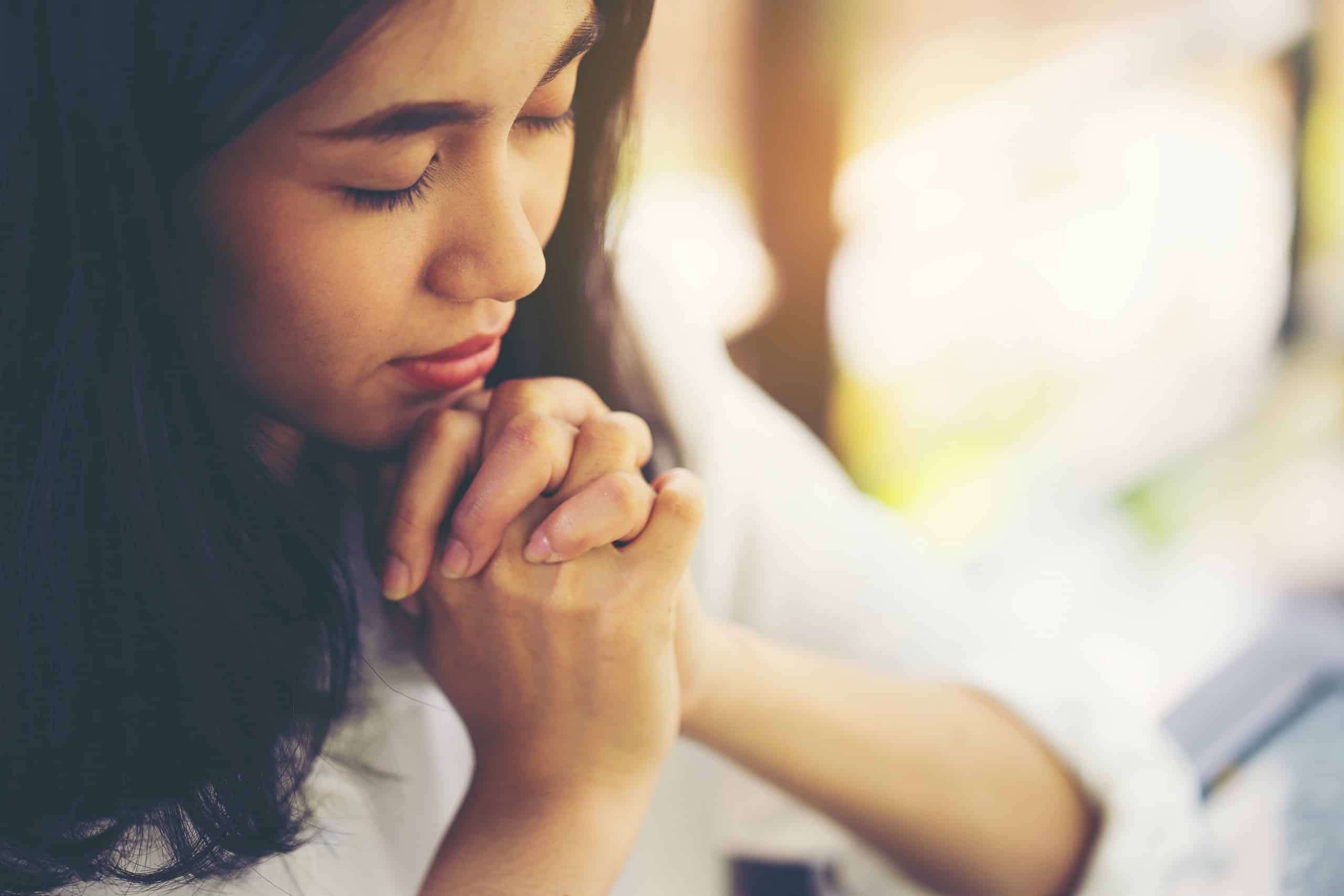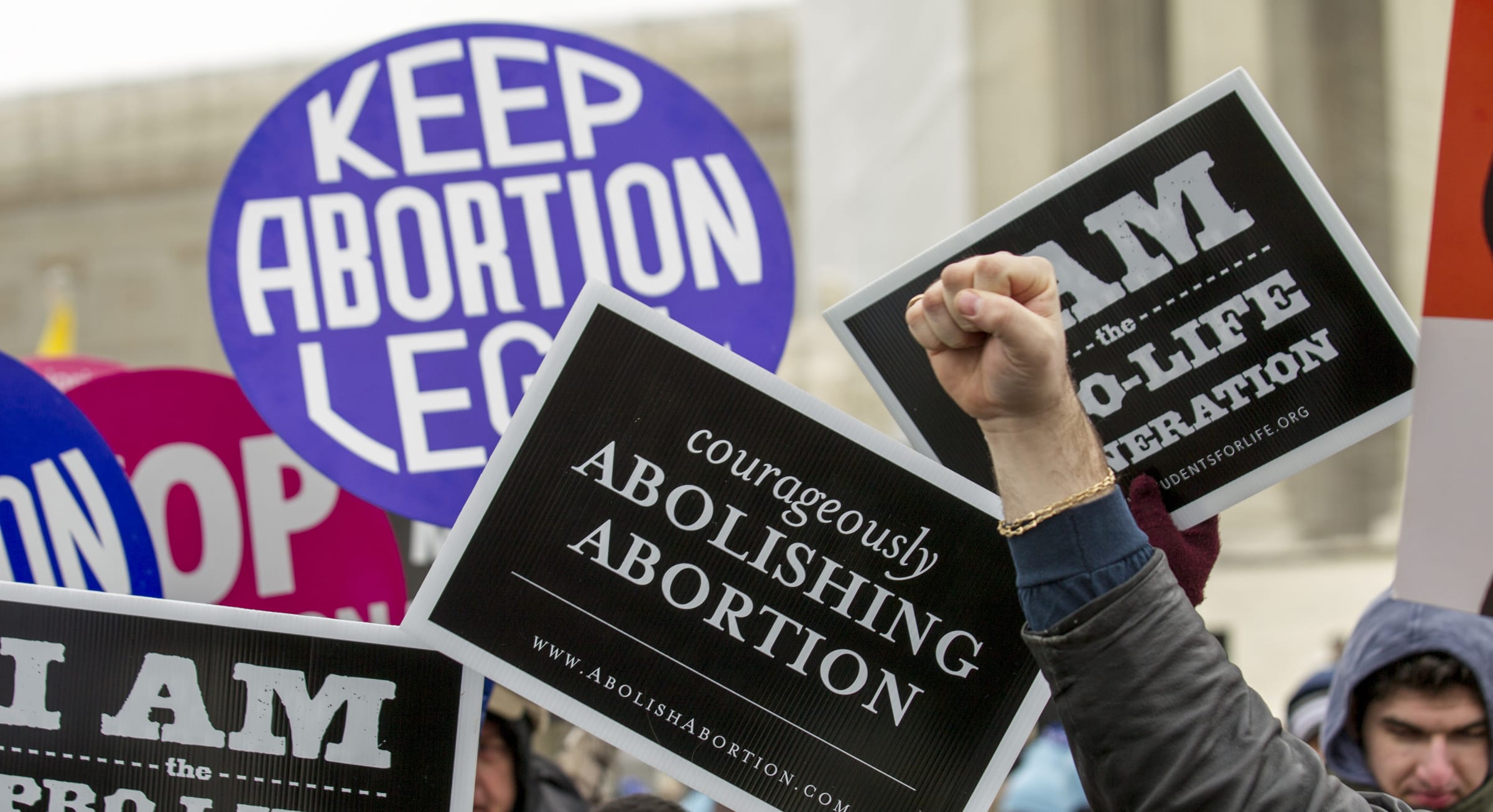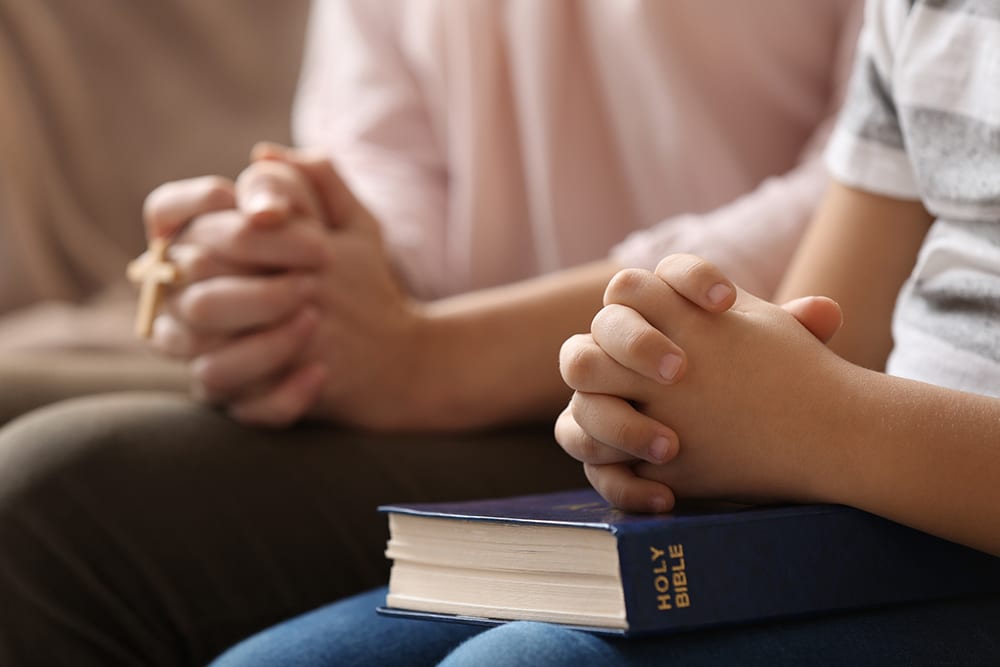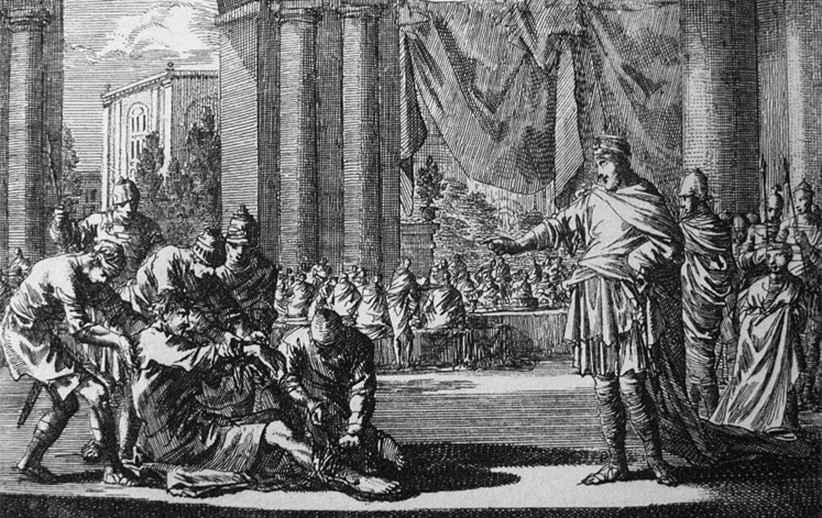Polarization. Division. Friends and family turning on one another. A pandemic. Widespread protests against injustice. Riots. The death of a liberal Supreme Court justice, and the nomination of a conservative woman to take her place.
And, in a few short weeks, Election Day will be upon us.
In our editorials this summer and fall, we have addressed this discord. But political division, in and of itself, is not the problem. A healthy society can and will engage in healthy debate. We are not a healthy society. But we can be one — and, as Catholics, we can lead the way.
In this special issue, we are presenting four points of view on the 2020 U.S. presidential election. The authors disagree with one another. As an editorial board and as individuals, we disagree with some of what each author has to say. But we and they are united in one purpose: to provide a model for charitable discussion of the four major options that we as Catholic citizens must consider as we approach the ballot box.
Included in this discussion is the Catholic case for each of the following: voting for President Donald Trump, argued by Carson Holloway, Ph.D., a professor of political science at the University of Nebraska, Omaha; voting for former Vice President Joe Biden, argued by Sam Rocha, associate professor of philosophy of education at the University of British Columbia in Vancouver; voting for Brian Carroll of the American Solidarity Party, argued by Charles Camosy, associate professor of theological and social ethics at Fordham University; and voting primarily for none of the above, because the presidency matters less than you might think, argued by longtime political essayist Bill Kauffman.
We asked each author to do two things: to make his argument within the framework outlined in the U.S. bishops’ document “Forming Consciences for Faithful Citizenship”; and to make a positive case for why his candidate (or non-candidate) deserves the vote of Catholics, rather than a negative case for why another candidate should be defeated.
Let us be clear: As the editorial board of Our Sunday Visitor, we are not endorsing any position or candidate. We do not agree with everything that these four authors have written, nor are we suggesting that you should agree with any one of them. As you read through these four essays, you will almost certainly find points of agreement and points of disagreement. But you also will come away with an example of charitable discussion among faithful Catholics that can help you lead respectful conversations with others between now and Nov. 3 — and, we hope, for months and years to come. This issue is your invitation to join us as we attempt to fulfill our mission to speak the truth through charity, in a way that unites. While others descend into destructive rhetoric, we must remember, first and foremost, that as Christians we are called to see Christ in all people, even those with whom we disagree.
In the new Introductory Letter accompanying “Faithful Citizenship,” the U.S. bishops write about the great need for civil discourse in the United States today. “At all levels of society, we are aware of a great need for leadership that models love for righteousness (Wisdom 1:1) as well as the virtues of justice, prudence, courage, and temperance,” they write. “Our commitment as people of faith to imitate Christ’s love and compassion should challenge us to serve as models of civil dialogue, especially in a context where discourse is eroding at all levels of society.
“Where we live, work, and worship, we strive to understand before seeking to be understood, to treat with respect those with whom we disagree, to dismantle stereotypes, and to build productive conversation in place of vitriol,” they continue. “Catholics from every walk of life can bring their faith and our consistent moral framework to contribute to important work in our communities, nation, and world on an ongoing basis, not just during election season.”
Many friendships and even family ties have suffered as a result of the political, social and religious divisions so prevalent in our country. But it doesn’t have to be that way. As Christians, we can and should help bring back the lost art of dialogue.
This special issue on Election 2020 is our modest contribution to this important effort.
Our Sunday Visitor Editorial Board: Gretchen R. Crowe, Scott P. Richert, Scott Warden, York Young

